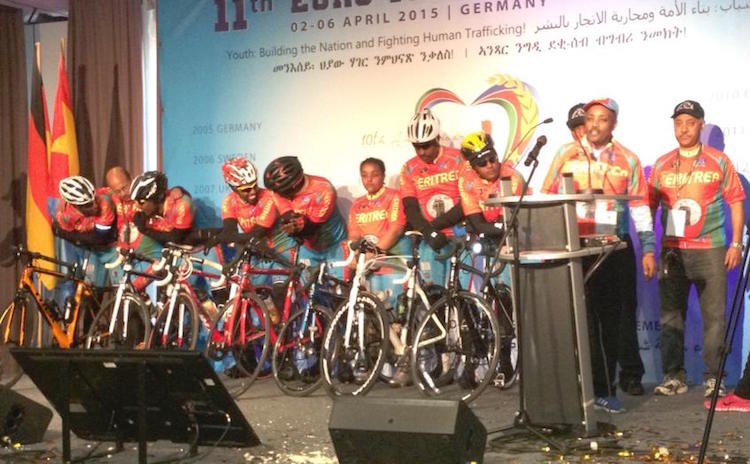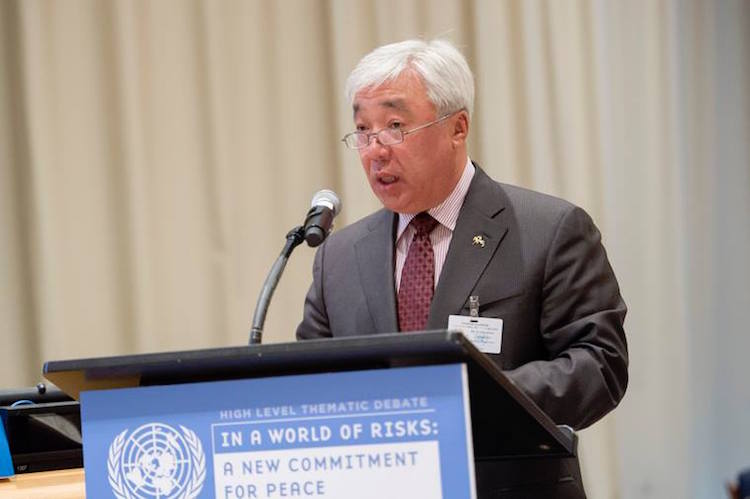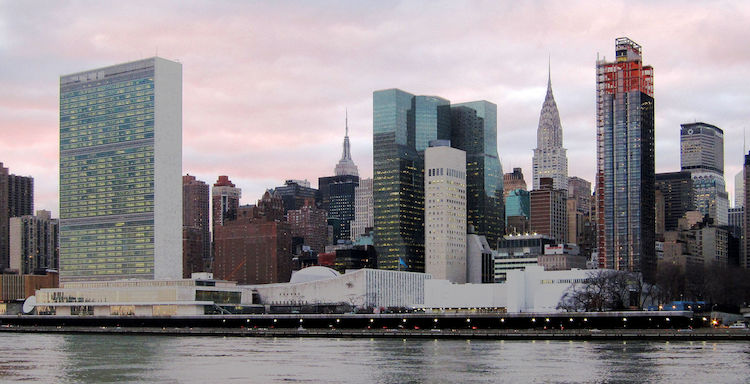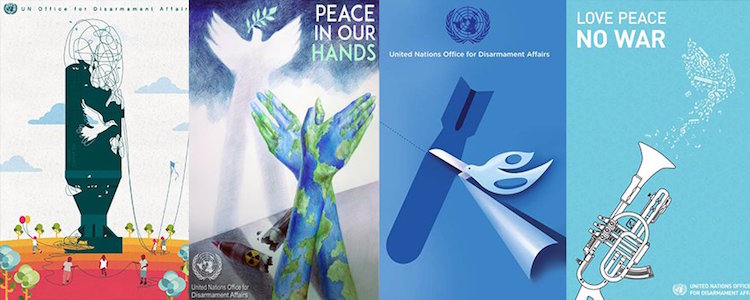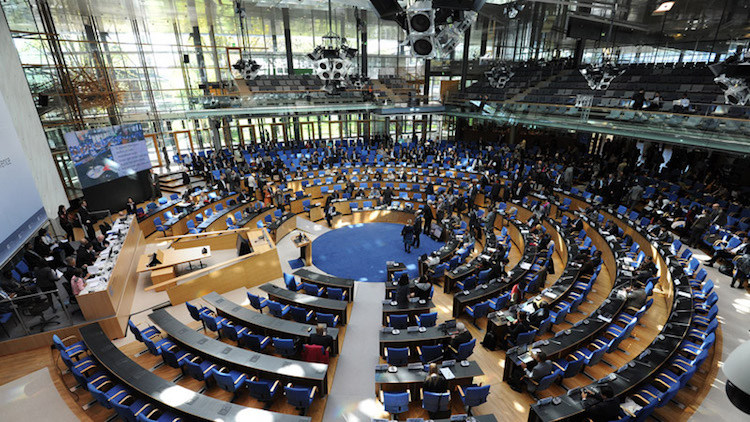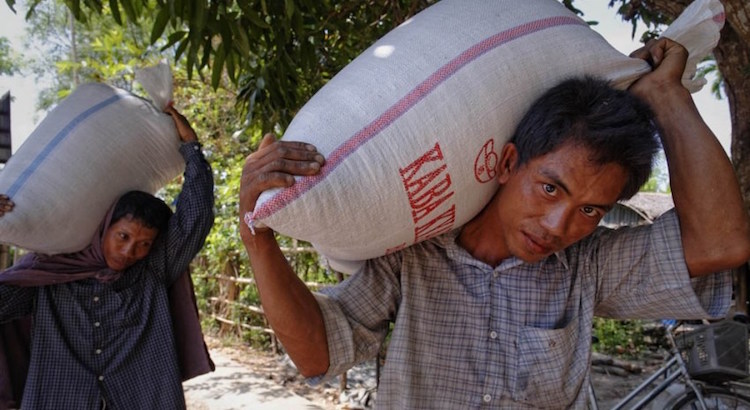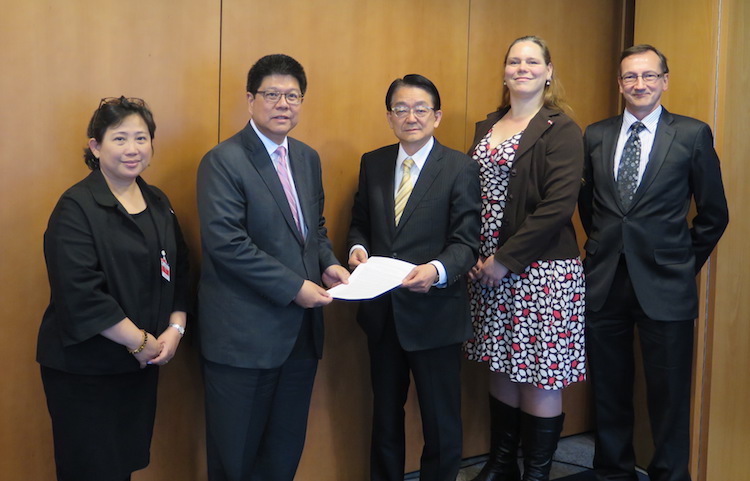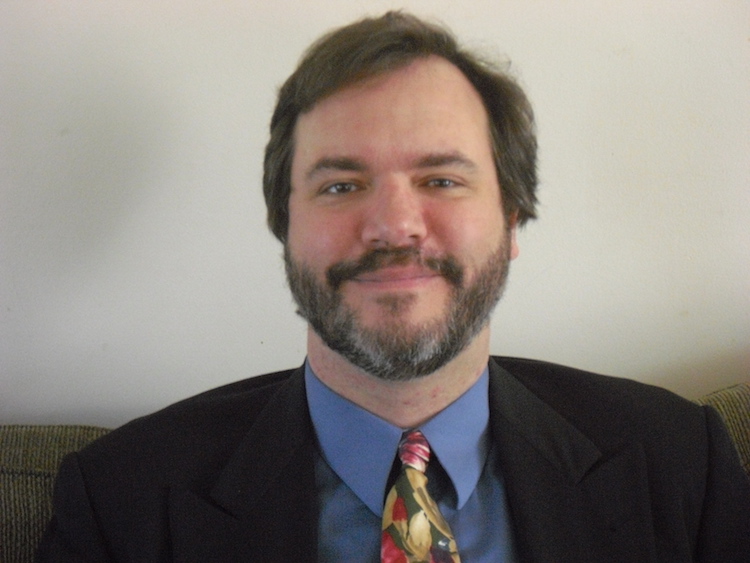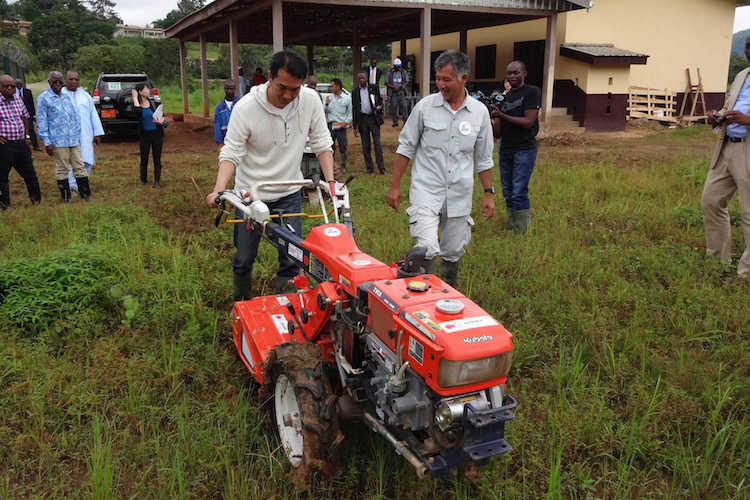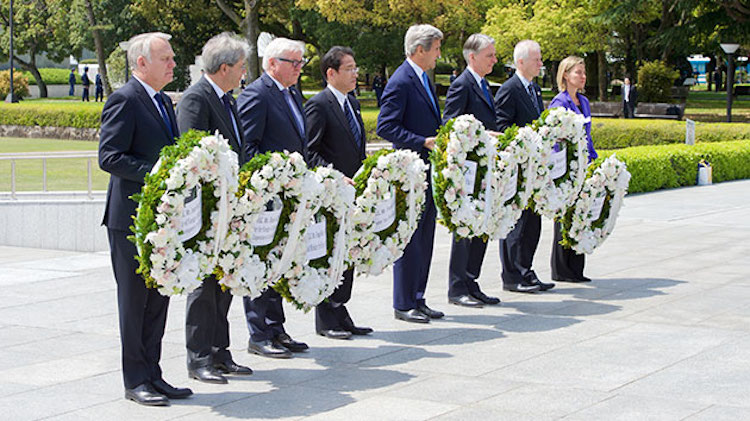Analysis by Martin Plaut *
BRUSSELS (IDN) – “I have never experienced anything like it,” says Philippe Remarque, editor in chief of De Volkskrant. The paper – the Netherlands’ largest broadsheet – has been taken to court by a man Remarque describes as an “operative working for the benefit of the awful Eritrean dictatorship”. On May 13 the newspaper received a verdict in the second case in which the court ruled once more in favour of the newspaper.
There is a large, and growing, Eritrean community in the Netherlands. Eritreans flee their country at a rate of 5,000 a month – the largest number of refugees crossing from Libya to Italy. More than 38,000 made the dangerous voyage in 2015, according to the European border agency, Frontex.
Those who arrive in the Netherlands seek refugee status. They discuss their cases with the Dutch immigration agency, only to confront a problem. According to a Dutch based website, Oneworld, refugees found that they were speaking through official translators who had close links with the Eritrean government.

